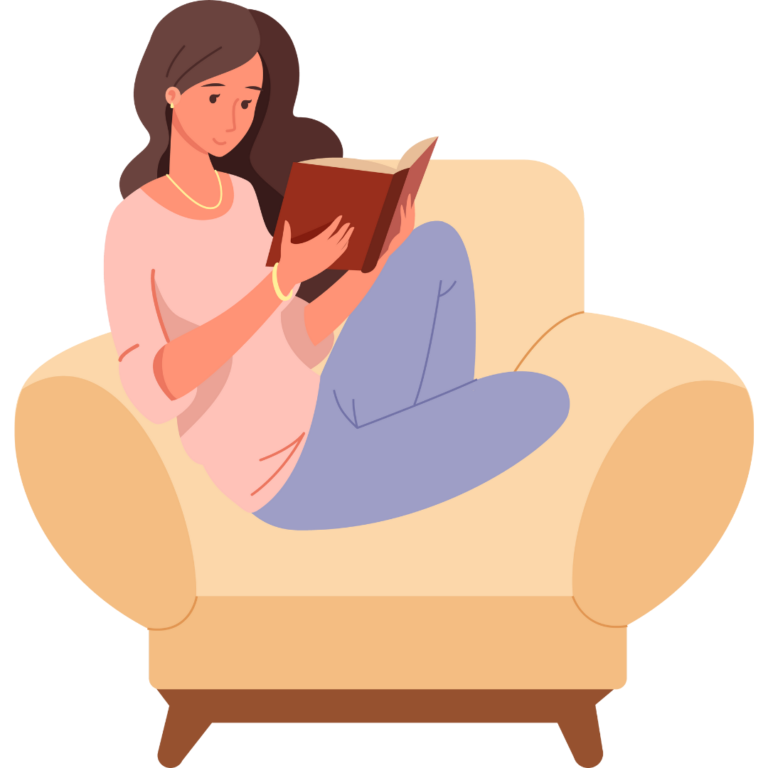In the past it was common for people to have an activity they did in their free time, however the endless stream of entertainment available contemporarily has made having a hobby less common. It is often easier to gravitate towards watching a show or going on social media during one’s free time because of the dopamine boost it provides, but a mindful hobby is often healthier and more beneficial in terms of mental health. Additionally, after practicing their hobbies people report feeling less stressed or even state that the whole reason they engage in them is to de-stress.
Stress is a significant factor in the development of mental disorders and can put you at risk for depression, anxiety, and even physical symptoms like headaches, muscle tension, digestion, and more. Dealing with these manifestations of stress is not easy, which is why it is important to find ways to regulate it throughout your daily life. One of the best ways to do so is to integrate a de-stressing activity within your day. In other words to engage in a hobby that you enjoy.A research study published in the journal of psychosomatic medicine found that leisure activities were associated with psychosocial and physical measures that are important regarding health and well-being (Pressman et al.).
Even just engaging in your hobby for 30 minutes a day could help you ground, regroup your thoughts, and keep you active in the present moment. However, if you find it difficult to do this, it is just as effective to allocate some hours a week or even a month for your hobby (S.R). It can serve as a time where you plan out the rest of your day, and a mindful interruption from your busy schedule. If you don’t yet have a hobby here are 3 ideas:
- Drawing: illustrating what you’re feeling or even doodling for a moment can help you sort out your thoughts and sit with them while doing a mindless activity. This is a great hobby for creatives who feel a need to express themselves.
- Hiking or Taking Walks: This is a great hobby that contributes positively to your physical and mental wellbeing at the same time.By hiking or taking occasional walks you can do some light exercises while taking some time for yourself throughout the day to feel your emotions and organize the rest of your day.
- Reading: Reading a book, magazine, or even a blog can help you learn and engage in information or content that is relevant to you. It’s technically a form of entertainment like your phone or tablet, but healthier for your brain and more informative!
These are just three examples! There are many other niche hobbies that you can do to cater to your personal interests. Mental health benefits aside, find something that works for you so practicing your hobby doesn’t feel like a chore and instead is something you enjoy doing. This ensures that you will consistently engage in it and guarantee you less stress.
Written By: Carmela Gonzalez, Mental H2O Youth Resource Writer
References:
Pressman, Sarah D., et al. “Association of Enjoyable Leisure Activities with Psychological and Physical Well-Being.” Psychosomatic Medicine, vol. 71, no. 7, Sept. 2009, pp. 725–732, www.ncbi.nlm.nih.gov/pmc/articles/PMC2863117/, https://doi.org/10.1097/psy.0b013e3181ad7978.
S.R, Venkat. “Health Benefits of Hobbies.” WebMD, 23 May 2022, www.webmd.com/balance/health-benefits-of-hobbies.


